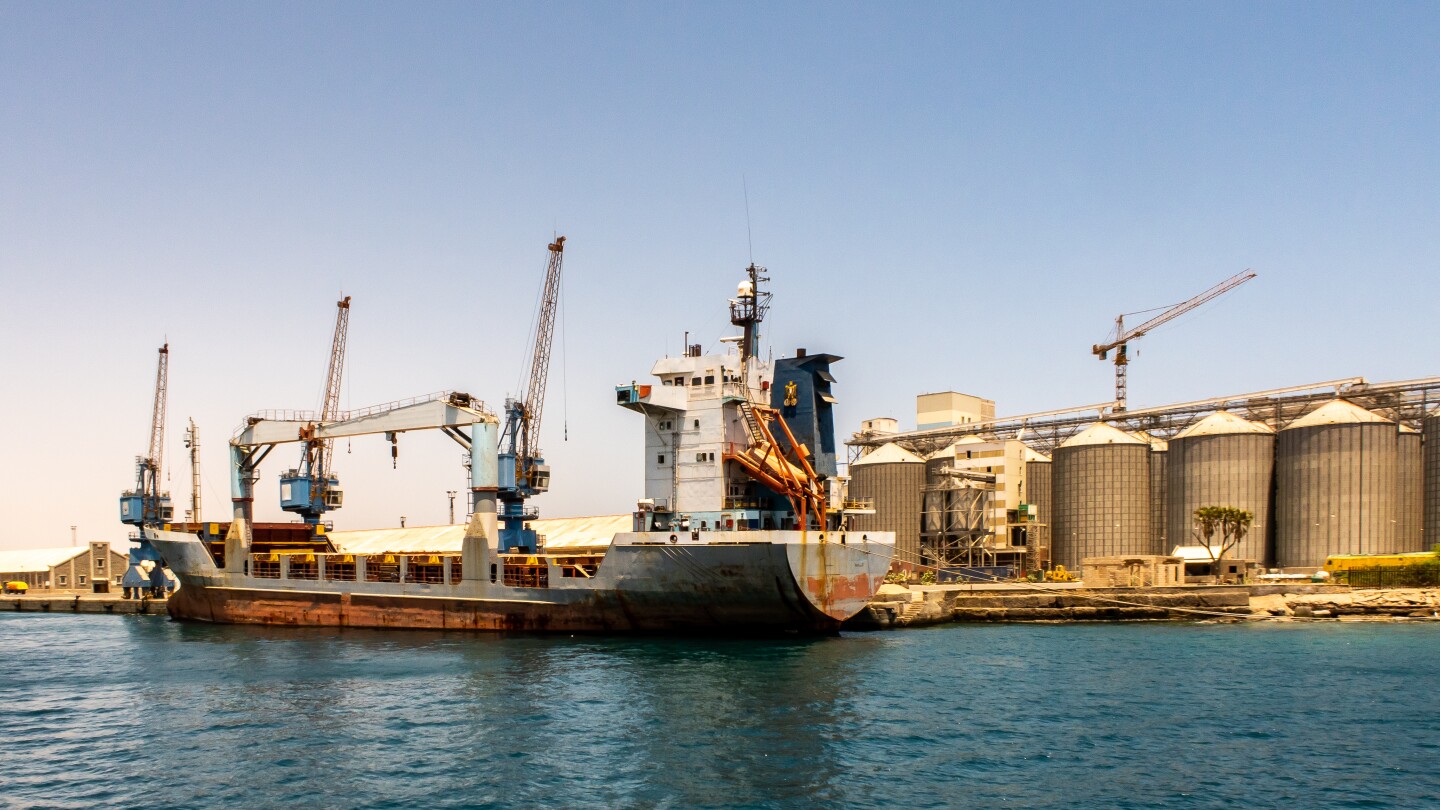Yemen’s Houthis and Sudan’s Transitional Sovereignty Council continue to consolidate their relationship. General Abdel Fattah al-Burhan, the Council head and Sudan’s de facto leader, has expanded relations with the Yemeni insurgents beyond the previous weapons trade and now offers Port Sudan as a lifeline through which the Houthis can transport oil and fuel. In October 2025, observers debated data showing oil tankers departing Port Sudan for the Houthi-held Hudaydah [Hodeidah] port, arguably making Burhan complicit in assisting a U.S.-designated Foreign Terrorist Organization.
Elements in Port Sudan appear to support a “maritime network involv[ing] Houthis and their trading partners from Sudan.”
Theodore Karasik, Jamestown Foundation
Both the United States and Israel have pounded Houthis over past six months. U.S. airstrikes sought to decapitate the Houthis’ drone and missile capabilities, while Israel targeted Houthi leaders in Sana’a. Israeli strikes largely obliterated Yemen’s largest port at Hudaydah, along with the oil terminal at Ras Issa and grain silos at Salif. The Houthis have suffered a blow to the oil and fuel industry that provides the revenue they need to sustain their war effort. The United States now expands its sanctions, especially against Houthi collaborators that generate, in the words of the deputy secretary of the Treasury, “enormous profits from the importation of petroleum products and to enable the group’s access to the international financial system.”
As Houthis threaten to escalate the conflict against Israel and Yemen’s neighbors, Theodore Karasik, a non-resident scholar at the Jamestown Foundation, says elements in Port Sudan appear to support a “maritime network involv[ing] Houthis and their trading partners from Sudan.” According to U.S. Treasury Department, the network involves Yemeni traders using various ports and offloading methods in “agreement with the Houthis to import gas and oil, including Iranian petroleum products.”
Iran appears to be the origin for most of the oil delivered to Houthis. Reports indicate that the Houthis received “approximately $12 million dollars’ worth of Iranian petroleum products” from “the Persian Gulf Petrochemical Industry Commercial Company to the Houthis via Ras Isa port” as recently as July 2025. Analysis of recent ship tracking data by observers like Guled Ahmed, a scholar at the Middle East Institute, shows how the “emerging Houthi-Sudan alliance, forged quietly in late 2024, is driven by mutual opportunism,” as developments begin to show how “Khartoum is quietly allowing the resale of South Sudanese crude to the Houthis.” Ahmed agrees that Sudan offers “a new backdoor corridor for Iranian oil and weapons smuggling” not just for the Houthis, but the Horn of Africa in the wake of U.S., Israeli, and multinational military actions. He warns that this “partnership is not just tactical—it’s the birth of a Red Sea axis of convenience: Iran’s proxies expanding influence across the Horn of Africa,” undermining regional powers and “reshaping the regional energy and security order through illicit networks.”
Failure to eradicate the Houthis has allowed them to re-emerge and expand so that their influence … now grows across East Africa and the Arabian Peninsula.
Some question analysis of ship movements from Port Sudan toward Hudaydah, by pointing to the impact of “GPS jamming” in the area, but further tracking of vessels can uncover ports where vessels have anchored and the routes taken following their departure from areas like Port Sudan. Karasik points to a “low-level … oil trade ongoing involving bulk carriers plus chemical and LNG tankers … in a GPS shell game” that allows actors like Houthi smugglers to spoof tracking technology to achieve their goals.
U.S. policymakers should take note. Just as a forest fire that is only partially contained will grow, so, too, will the Houthis expand if the White House believes it can strike a separate deal and ignore the problem. Failure to eradicate the Houthis has allowed them to re-emerge and expand so that their influence, as measured by weapons flow and revenue, now grows across East Africa and the Arabian Peninsula. The threat to freedom of navigation will grow too, as Houthis retain control over Yemen’s Red Sea coastline and the Sudanese Armed Forces collaborate on the western shores of the Red Sea.
